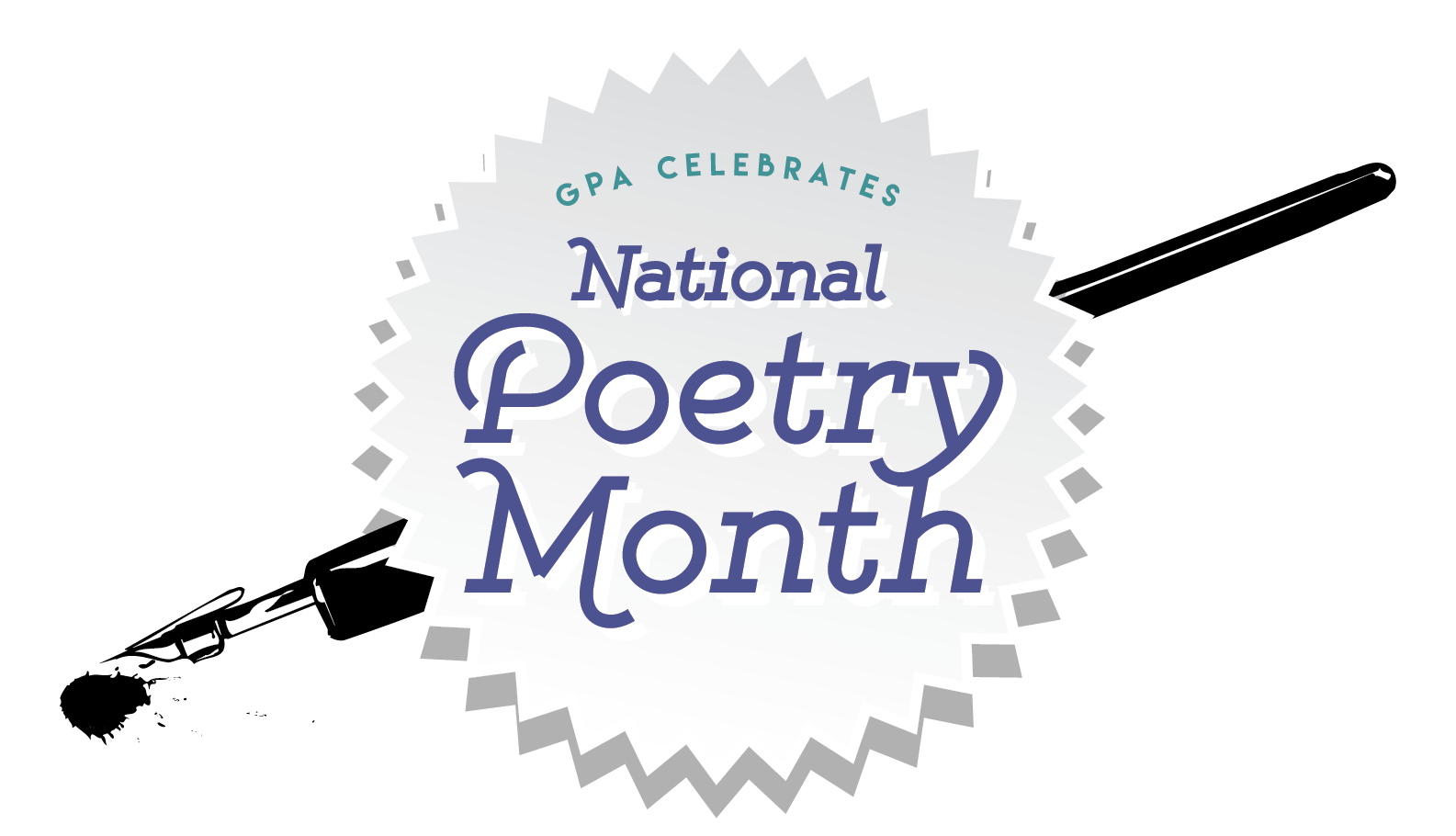
GPA Poetry & Art Contest 2021
GPA joyfully invites you to join our Poetry & Art Contest for 2021! Students are encouraged to submit one of the following:
An original poem
An original art piece
A poem and art piece together
Options for submitting poetry and art together:
Original poem with original art
Original poem with non-original art
Non-original poem with original art
This is an open-theme contest, but here are some topics for inspiration if needed:
- Resilience/Inner Strength
- Kindness
- Joy/Happiness
- Dreams/Future
- Transformations/Changes
- Imperfection/Grace
- Nature/Places
- Family/Friends
- Animals/Pets
- Gratitude for the Ordinary
- Space/Universe
Submit entries by email to contest@gomperscharter.org and include your full name and grade level in the email. Submissions that do not include a name and grade level may not be included in the contest.
Submit artwork by taking a picture and including it as an attachment.
Rewards will be given by grade level and for each category. Winners will be given the option of their work being displayed online.
If you are including poetry or art that is not original, you must credit the work by including the author’s or artist’s names. (Ex: Inspired by Van Gogh’s “Tree trunks in the grass” or Inspired by Poe’s “The Raven”)
Poems must not contain private information about other students or staff. All artwork must be suitable for display and viewing by a family audience. Content must be appropriate for submission to a school contest. Names will be omitted when the judges review the poetry and/or artwork to remove any potential bias.
 The deadline to submit is
The deadline to submit is
Friday, May 14, 2021
Have fun and enjoy the creative process!
Goooo, creative Eagles!
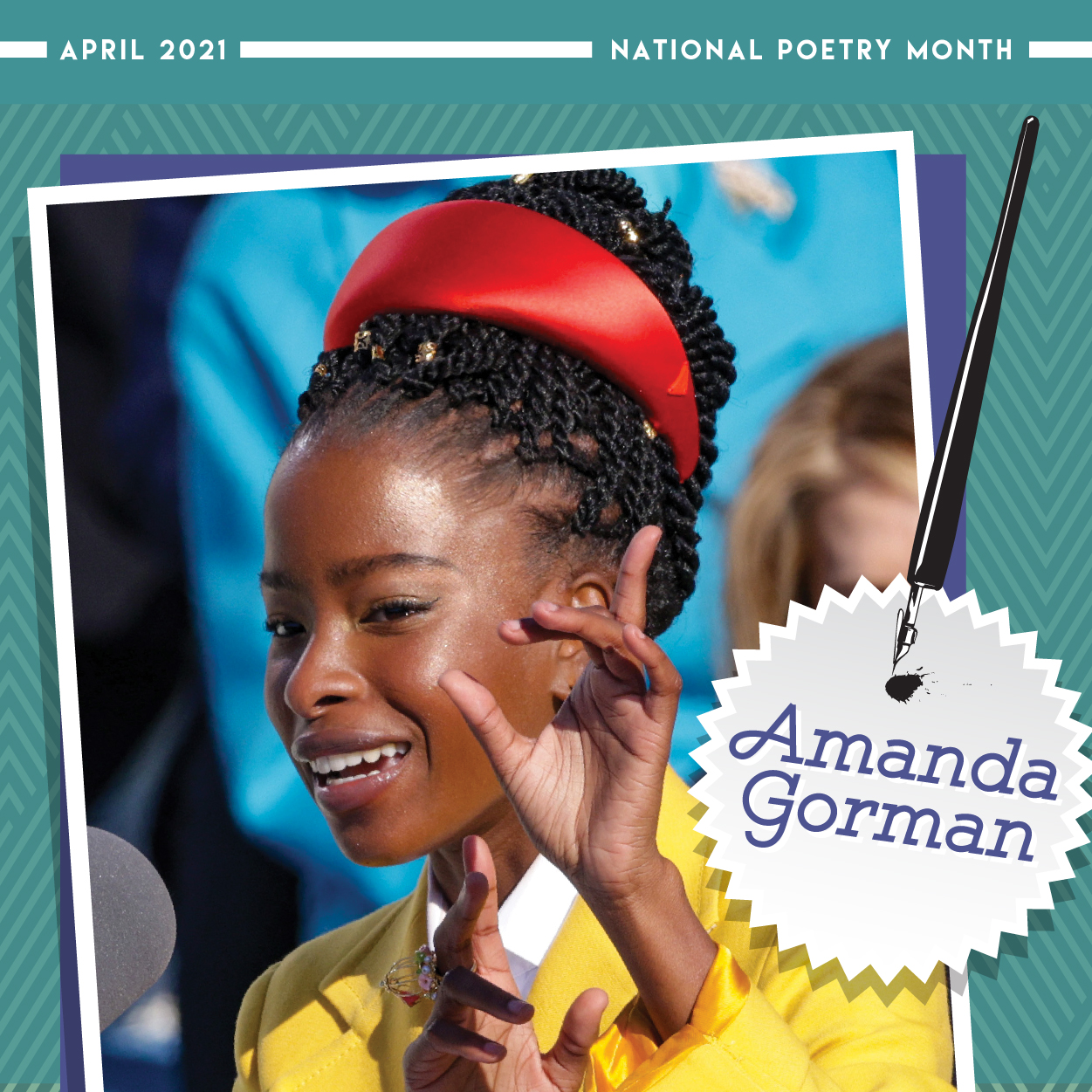
Amanda S. C. Gorman (1998–present) is an American poet and activist. She is best known for the recitation of her poem “The Hill We Climb” at the inauguration of President Joe Biden in 2021. Gorman was the first person to be named National Youth Poet Laureate. She studied sociology at Harvard College, graduating cum laude in 2020 as a member of Phi Beta Kappa.
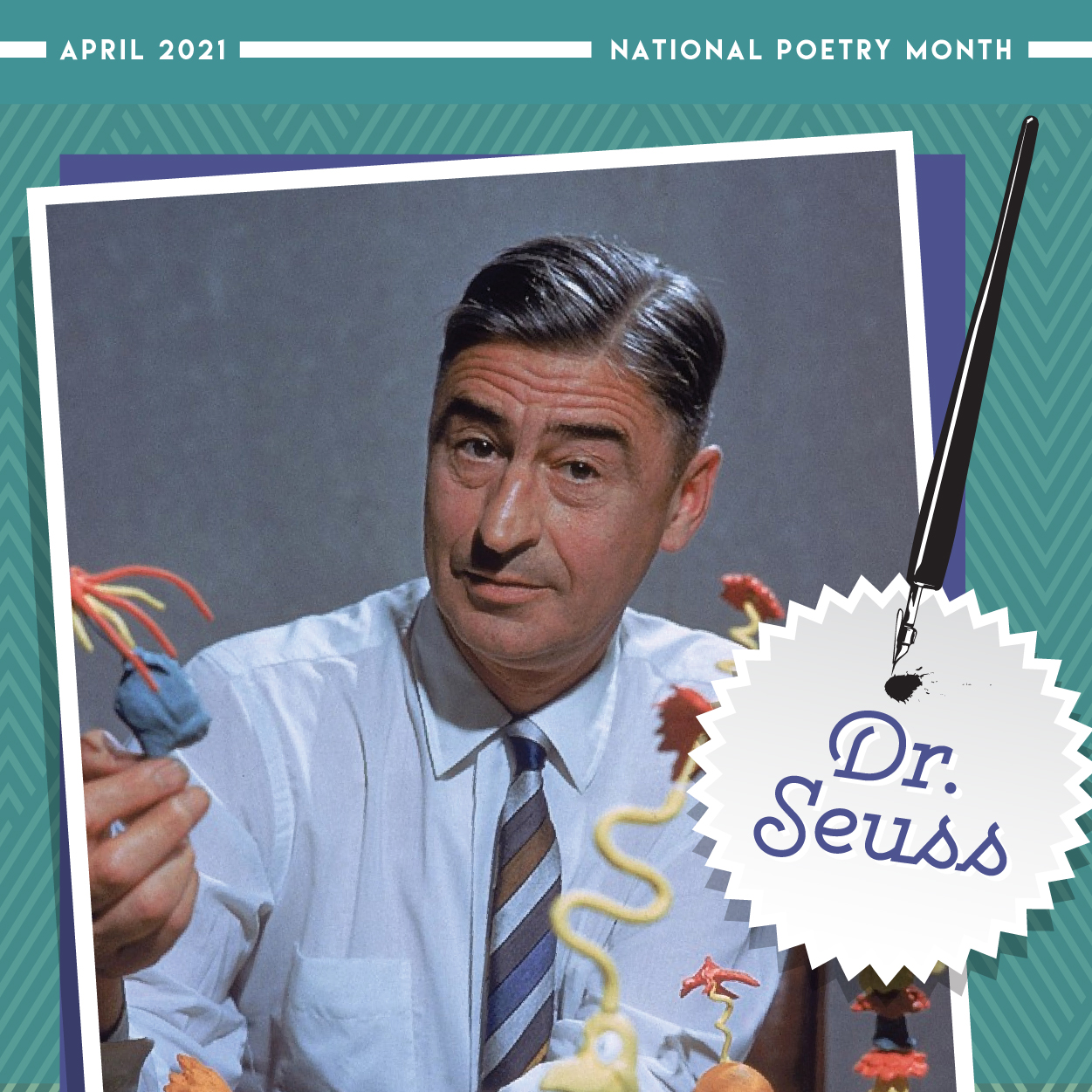
Born Theodor Seuss Geisel, Dr. Seuss (1904–1991) is best known for writing and illustrating over 60 highly imaginative books for children. Dr. Seuss was a graduate of Dartmouth College in Massachusetts. During World War II, he served with Frank Capra’s Signal Corps. This group made animated training films. He also drew propaganda posters for both the Treasury Department and the War Production Board. Dr.Seuss’ first book And to Think That I Saw It on Mulberry Street, was rejected 27 times before it was finally published!
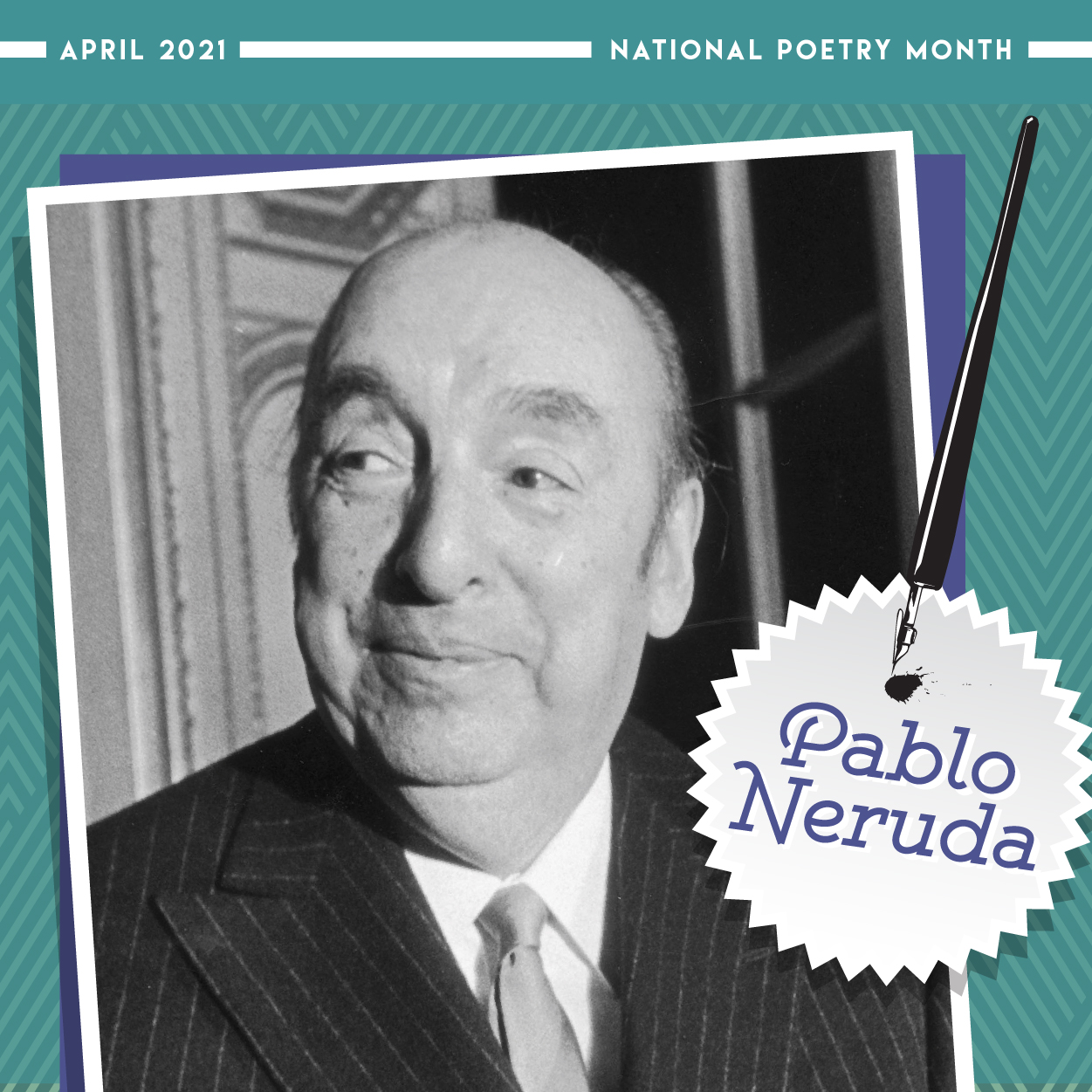
Born in Chile, Ricardo Eliécer Neftalí Reyes Basoalto (1904–1973) was already recognized as a poet at the age of 13 when he won a contest he had entered. He used Pablo Neruda at first as his pen name but later he legally changed his name. An extremely complex man; Neruda’s careers as both a Poet and a Diplomat/Politician brought him to the attention of the world. Neruda won the Nobel Prize in Literature in 1971. Nearly 100 years after its publication Neruda’s book of mature love poems Veinte poemas de amor y una canción desesperada (Twenty Love Poems and A Desperate Song) is still the bestselling book of poetry in the Spanish language.
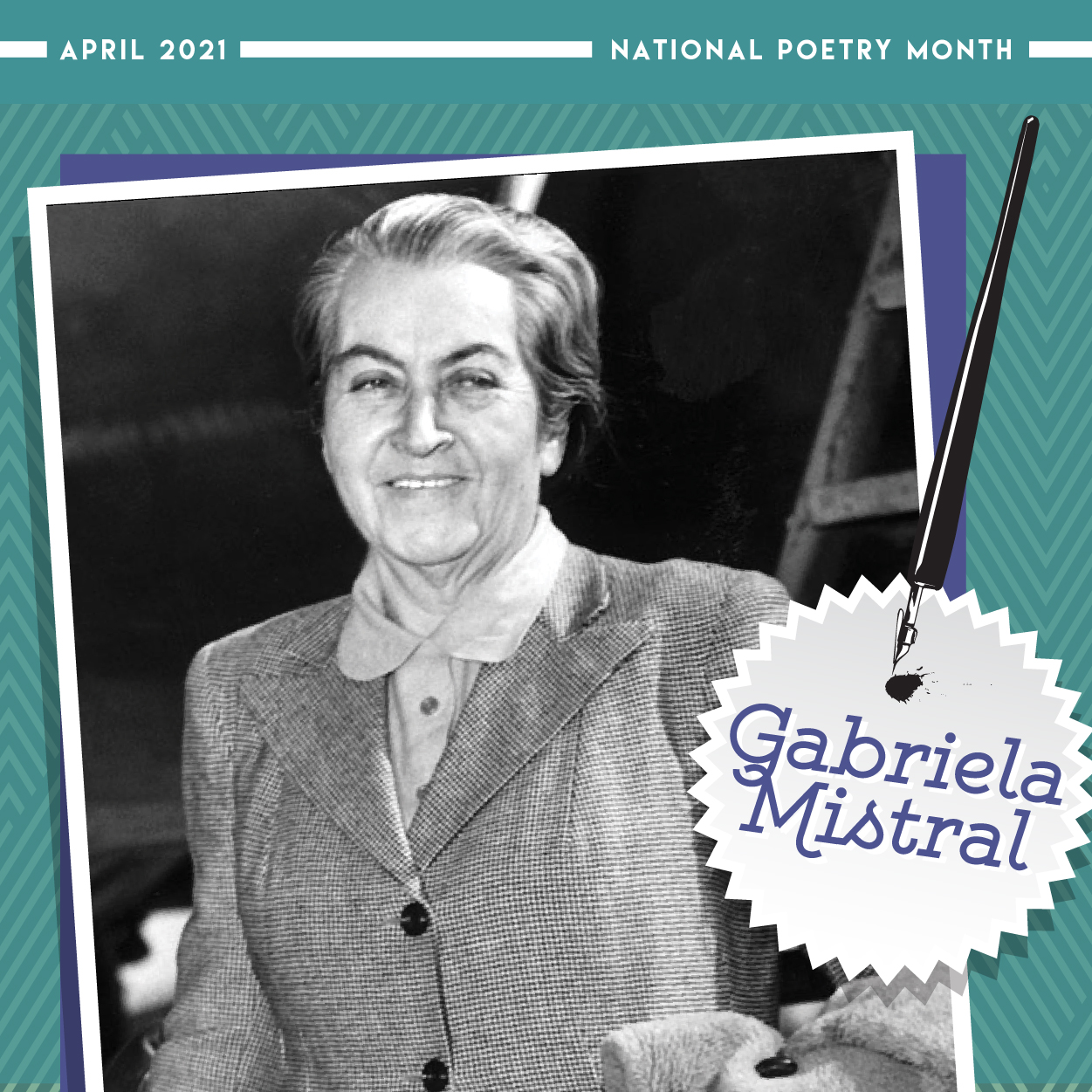
The daughter of a poet, Gabriela Mistral (1889-1957) was a teacher, poet and diplomat from Chile. In 1945 she became the first Latin American author to receive a Nobel Prize in Literature. Mistral’s own formal education ended when she was a teenager. A lack of qualified teachers provided the opening she needed to become a teacher, a job at which she excelled. Mistral went on to work in education in both Chile and Mexico and as a Professor of Spanish Literature in the USA and Puerto Rico. Mistral was a member of the LGBTQ+ community, but was unable to reveal that fact during her own lifetime.
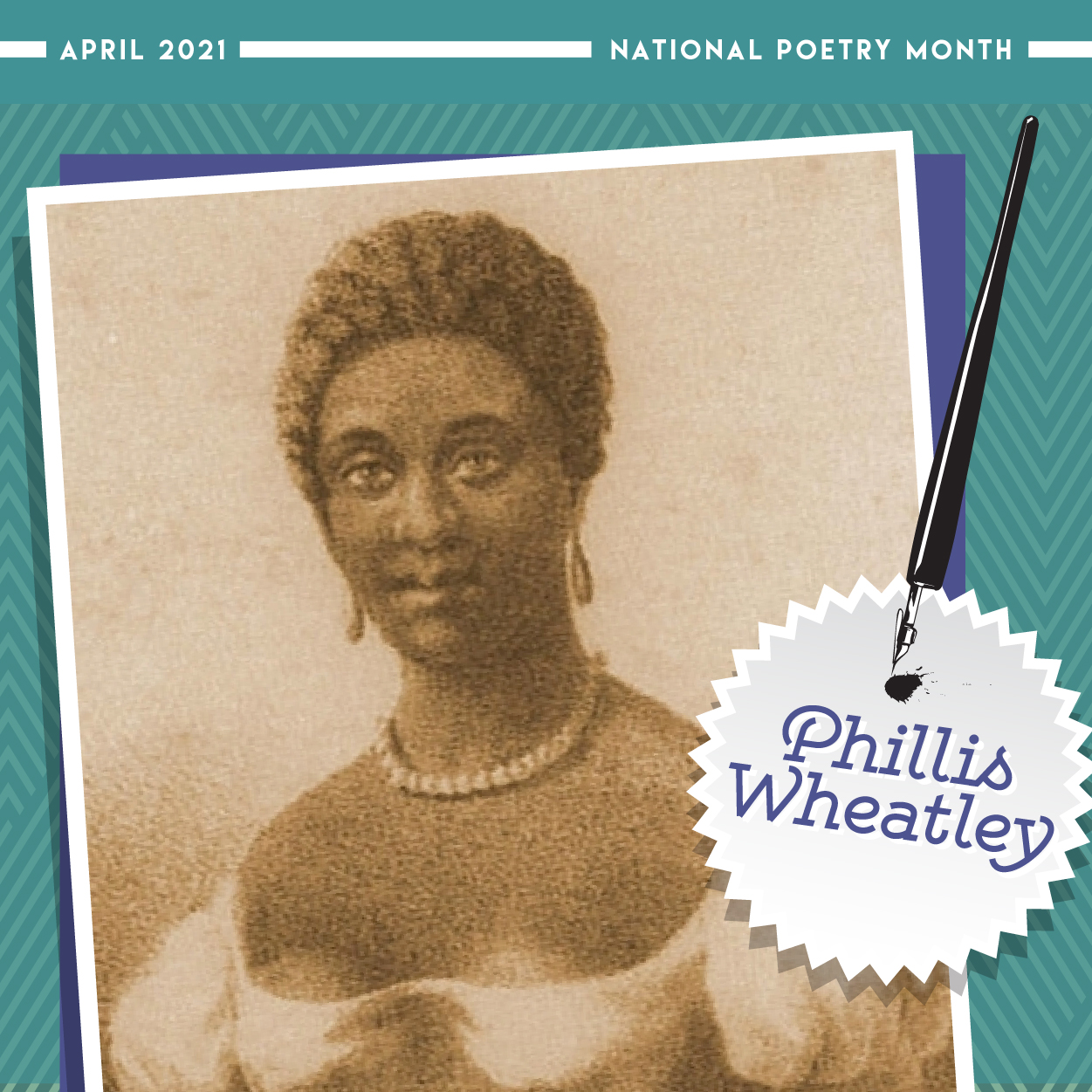
Phillis Wheatley (c. 1753–1784) was captured in West Africa as a child of approximately seven. She was sold into slavery in Boston, Massachusetts to the family of John Wheatley. Recognizing her intelligence, the Wheatley family taught Phillis to read and write. She was thirteen when her first poem was published. A London abolitionist helped Phillis publish her first book of 28 poems in 1773. The Wheatleys freed Phillis sometime before their deaths, but she was never able to raise the funds needed to publish her second collection of poetry. Phillis died in poverty and most of the poems intended for her second book have been lost.
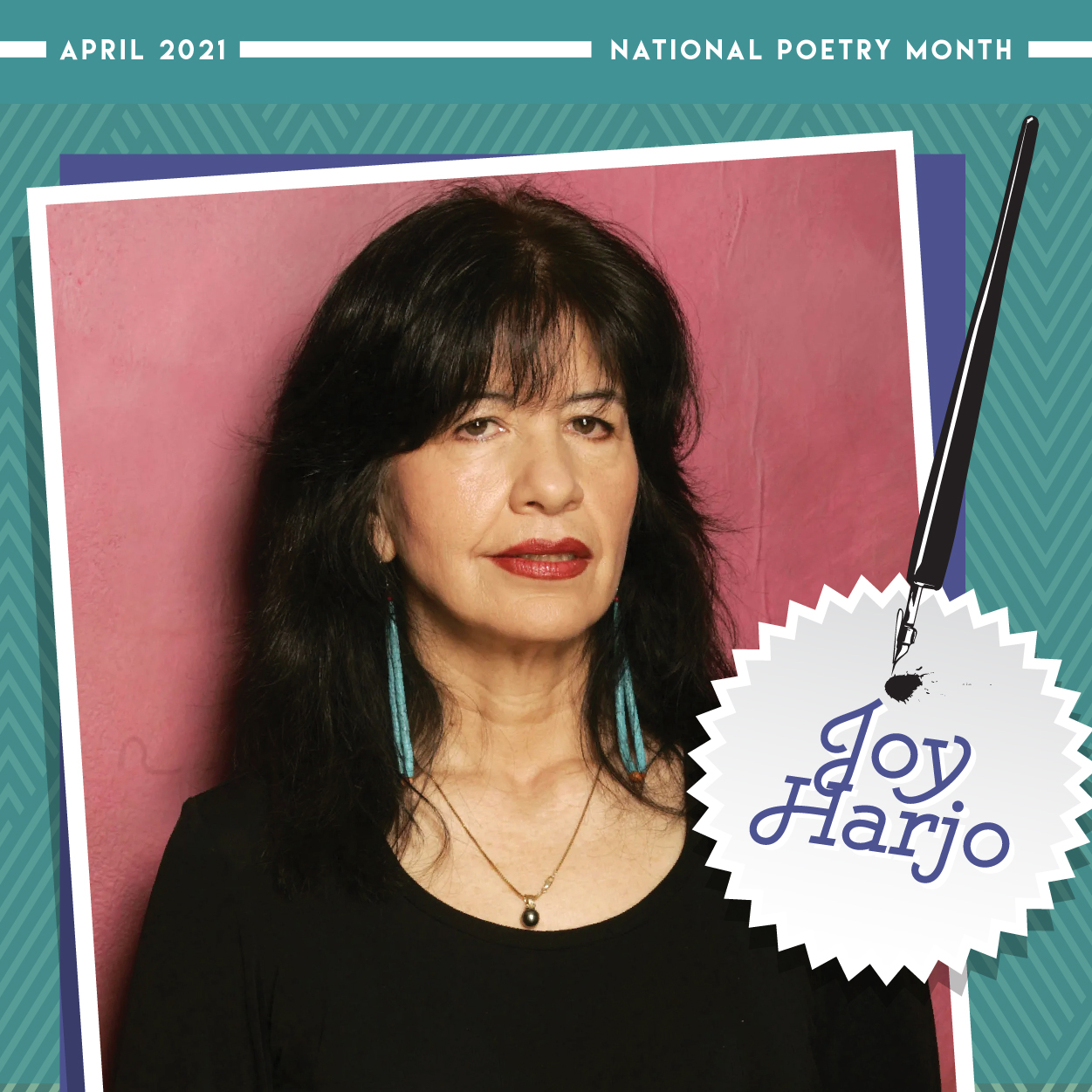
Joy Harjo (1951–present) is a Native American of the Mvskoke Nation. She began writing poetry while a member of the Kiva Club, the University of New Mexico’s Native student organization. Harjo earned her MFA at the Iowa Writers’ Workshop. She has taught English, Creative Writing, and American Indian Studies at colleges all over the United States. Ms. Harjo is an incumbent Poet Laureate of the United States and the first Native American to hold that title. Harjo is also an accomplished musician and the editor of several well-respected collections of Native American poetry.
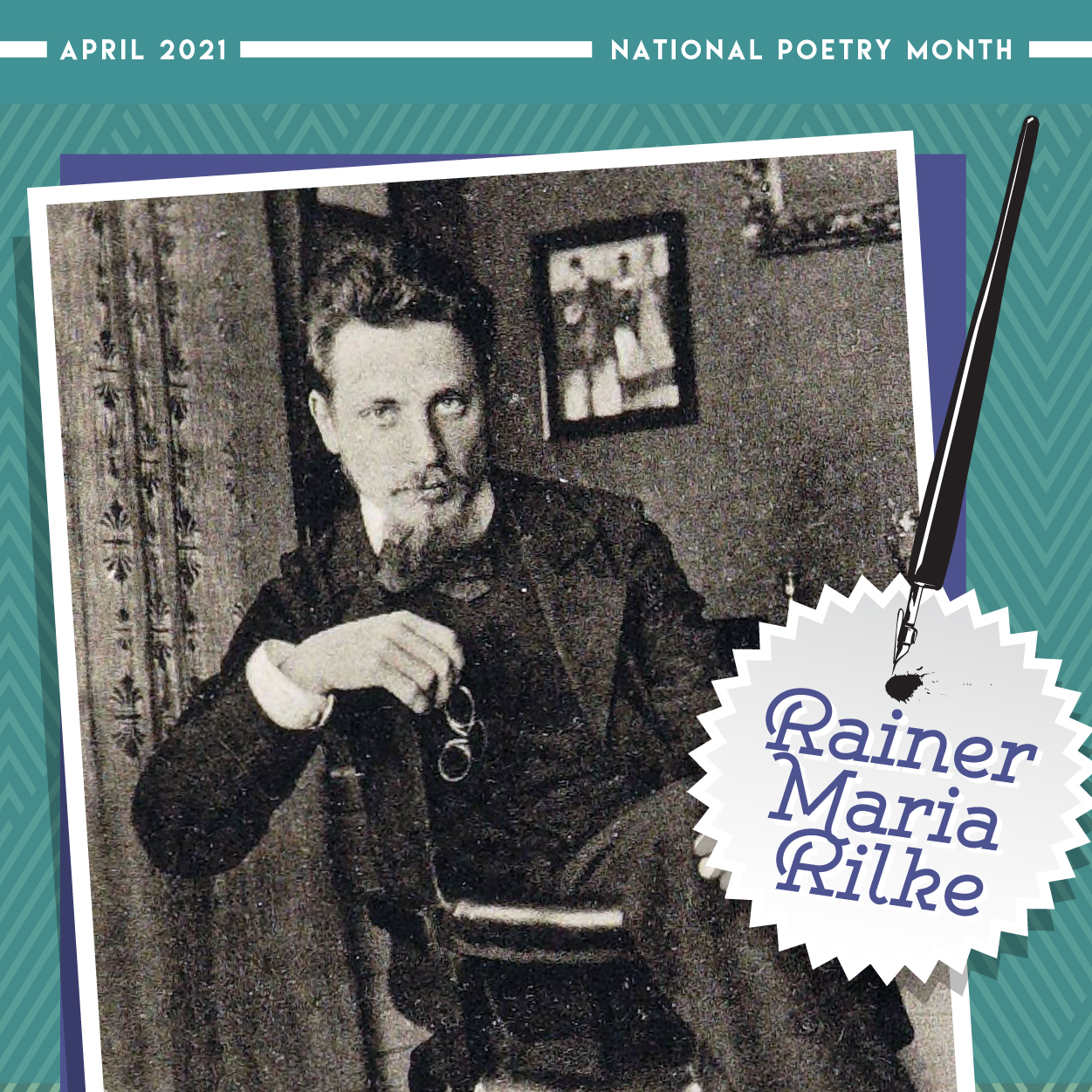
Born in Prague, which at that time was the capital of Bohemia, Rainer Maria Rilke (1875–1926) is one of the bestselling poets in the United States. His work is often described as mystical and features imagery from Greek Mythology and the Bible. Rilke’s travels took him all over Russia, France and Spain and brought him into contact with a number of the best known authors and artists of his time.
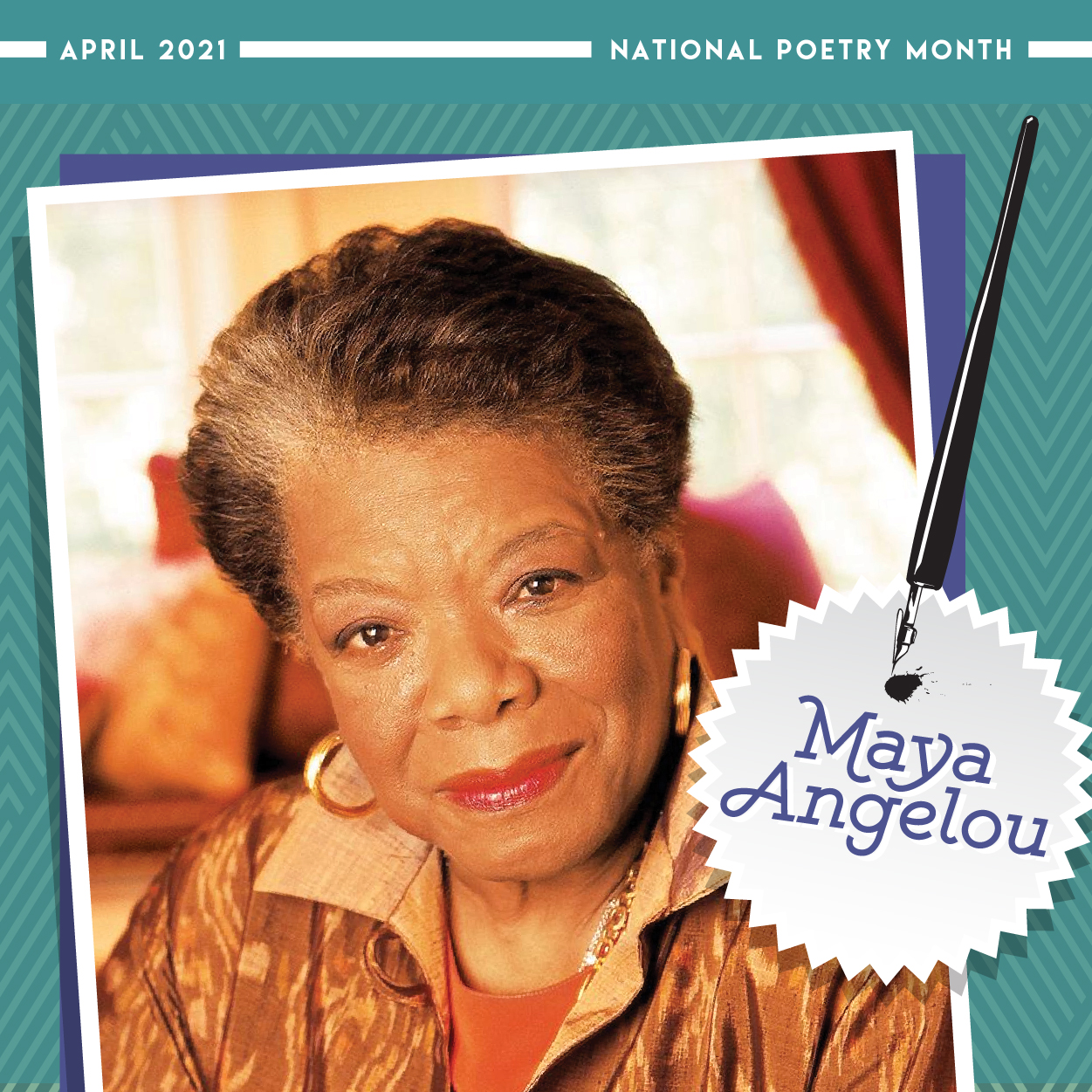
Maya Angelou’s published works include a series of seven autobiographies documenting her life, volumes of poetry and essays. Amongst other events in her very full life, Ms. Angelou (1928–2014) was active in the Civil Rights Movement, working alongside Malcolm X and Dr. Martin Luther King Jr. She recited her poem “On the Pulse of Morning” at the first presidential inauguration of Bill Clinton and was awarded the Presidential Medal of Freedom by Barack Obama in 2011. During her lifetime, Ms. Angelou was awarded over 50 honorary degrees by colleges and universities.

Seamus Heaney (1939–2013) was an Irish poet, playwright, translator and member of the Irish Academy. A graduate of Queen’s College, Belfast, Heaney first began to publish his poetry during the early 1960’s while attending St Joseph’s Teacher Training College. In the 1980s and 1990s he was a professor at both Harvard and Oxford Universities. He received the Nobel Prize in Literature in 1995. Mr. Heaney’s work mainly focused on the Irish experience and encompassed everything from rural life to the period of political unrest in Northern Ireland known as The Troubles, that spanned the 1960s to late 1990s.

